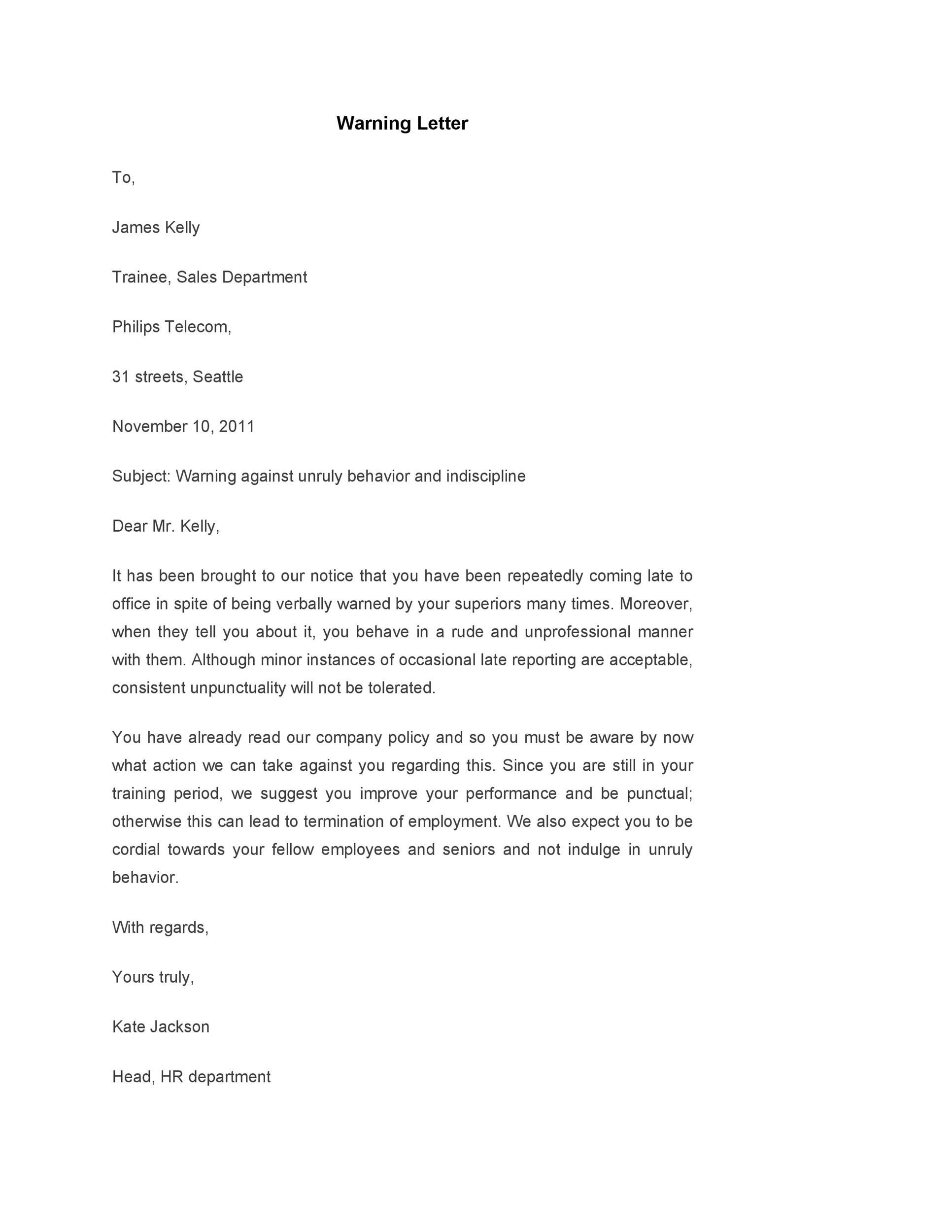
How to Write a Query Letter

- Start with a professional salutation, addressing the recipient by their name if possible. If you don't know their name, you can use a general salutation like "Dear Literary Agent" or "Dear Editor."
- Clearly state the purpose of your letter. Make it clear that you are querying about your book and provide the book's title and genre. You can also mention the word count and the intended audience if applicable.
- Write a compelling hook to grab the reader's attention. This should be a concise and engaging summary of your book that captures the essence of the story and leaves the reader wanting to know more.
- Include any relevant information about your book's market potential. Mention any comparable titles or authors whose books have achieved success in a similar genre or niche. This helps the agent or editor gauge the marketability of your book.
- Mention any writing credentials or publishing credits you have, such as previous publications or awards. This adds credibility to your query and shows that you have a track record of writing success.
- Close the letter by showing your reader appreciation for the time and consideration. Offer to send any additional materials they might need, such as sample chapters or a full manuscript. Provide your contact information, including your email address and phone number.
- Sign off politely and professionally, such sign-off may include "Thank you for your consideration" or "Sincerely."
Remember to tailor your query letter to the specific agent or editor you are querying. Research their preferences, previous work, and submission guidelines to ensure your query stands out and shows you've done your homework.
Query Letter Format
[Your Name]
[Your Position]
[Company Name]
[Company Address]
[City, State]
[Email Address]
[Phone Number]
[Date]
[Employee's Name]
[Employee's Position]
[Company Name]
[Company Address]
[City, State]
Dear [Employee's Name],
I hope this letter finds you well. I am writing to bring to your attention a concerning matter regarding your performance and attendance at work.
It has come to my attention that over the past few weeks, you have demonstrated negligence in carrying out your assigned duties and have been absent from work without proper notification. As a valued member of our team, all employees must adhere to the company's policies and fulfill their responsibilities reliably and efficiently.
I would like to schedule a meeting with you at [date] [time] to discuss these concerns further and devise a plan to address the issues at hand. During our meeting, we can explore potential solutions, provide any necessary support or training, and outline the expectations moving forward. This meeting will also offer you an opportunity to express any concerns or challenges you may be facing that could be affecting your performance.
Please consider this letter as a formal notice, and your response is expected within [number of days] to confirm your availability for the meeting. Failure to attend this meeting or improve your performance per our company policies may result in further disciplinary actions.
We value your contributions and are willing to support you in overcoming any challenges you may be experiencing. We believe that open communication and cooperation are crucial in resolving these issues and ensuring a productive work environment.
Thank you for your attention to this matter, and I anticipate your prompt response.
Best regards,
[Your Name]
[Your Position]
[Company Name]
How to Respond to Query Letter for Negligence of Duty/ Absence
When responding to a query letter regarding negligence of duty, it is crucial to approach the situation with professionalism, accountability, and a willingness to address the issue. Here are procedures to help you respond effectively:Acknowledge the query
Start your response by acknowledging the query letter and specifically mentioning the issue of negligence of duty that has been raised. This shows that you have read and understood the concerns.Accept responsibility
Take ownership of your actions or inactions. Admit your mistake and acknowledge that you fell short of meeting expectations. By accepting responsibility, you demonstrate accountability and a willingness to rectify the situation.Apologize sincerely
Offer a sincere and genuine apology for your negligence. Express remorse for any inconvenience or negative impact caused by your actions. Keep your apology professional and avoid making excuses or shifting blame.Explain (if applicable)
If there were extenuating circumstances that contributed to your negligence, provide a brief and honest explanation. However, avoid making excuses or using explanations as a way to evade responsibility. Focus on providing understanding rather than seeking sympathy.Outline your plan for improvement
Show your commitment to rectifying the situation by outlining a clear plan of action. Explain how you will take steps to ensure that the negligence of duty does not occur again in the future. This can include implementing new protocols, seeking additional training, or taking any necessary corrective measures.Closing
End your response on a positive note. Thank the employer for bringing the matter to your attention and reiterate your commitment to fulfilling your duty. Use a professional closing such as "Sincerely" or "Best regards" before signing off.Source: https://hubforjobs.com/all-you-need-to-know-about-query-letter
